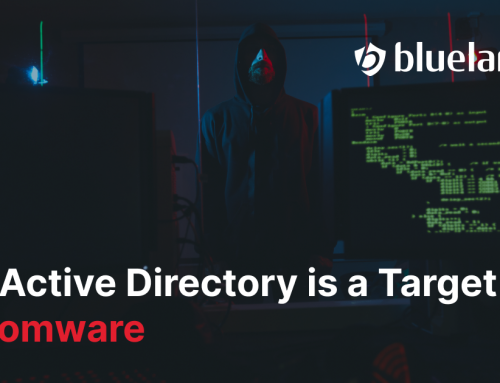Cyber threats capitalize on the vulnerabilities within Active Directory security controls, exploiting them to infiltrate unauthorized resources or obtain sensitive data. In March 2023, PharMerica, a prominent provider of pharmaceutical services, disclosed a breach where an external malicious actor gained unauthorized access to sensitive information. From small enterprises to renowned corporations, no one is exempt from being targeted by cyber-attackers. In this article, we will present the top five expert-level IT security tips specifically designed for securing Active Directory Infrastructure.
1. Active Directory Weak Password Policies
One of the most common mistakes is having weak password policies in Active Directory. This includes allowing users to set weak passwords or not enforcing password complexity requirements. Weak passwords make it easier for attackers to gain unauthorized access to user accounts and potentially compromise the entire Active Directory environment.
2. User Account Management Lack
Failing to properly manage user accounts can lead to security vulnerabilities. This includes not disabling or removing inactive user accounts, not promptly revoking access for employees who leave the organization, and not regularly reviewing and updating user privileges. These oversights can result in unauthorized access or misuse of user accounts.
3. Insufficient Privilege Management
Granting excessive privileges to user accounts can create security risks. Users should only be given the minimum privileges necessary to perform their job functions. Granting excessive privileges increases the attack surface and increases the potential impact of a compromised account.
4. Lack of Monitoring and Auditing
Failure to implement proper monitoring and auditing mechanisms in Active Directory can lead to undetected security incidents. Without monitoring, it becomes difficult to identify and respond to suspicious activities or unauthorized changes in the Active Directory environment.
5. Lack of Regular Backups
Not regularly backing up the Active Directory database and associated system state can result in data loss and make recovery from security incidents more difficult. Regular backups are crucial for disaster recovery and ensuring business continuity.
Conclusion
In conclusion, understanding and avoiding common Active Directory mistakes is crucial for organizations to ensure the stability, security, and efficiency of their network infrastructure. Failing to address these mistakes can lead to various issues, such as compromised security, poor performance, and operational disruptions. By recognizing the importance of proper planning, regular maintenance, and adherence to best practices, businesses can mitigate risks and optimize their Active Directory environment.









Get Social